All Formats & Editions
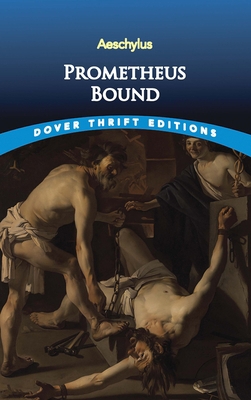
Prometheus Bound
In Greek legend, Prometheus was the Titan who, against the will of Zeus, stole fire from the gods for the benefit of man. His terrible punishment by Zeus, and his continuing defiance of Zeus in the face of that punishment, remain universal symbols of man's vulnerability in any...
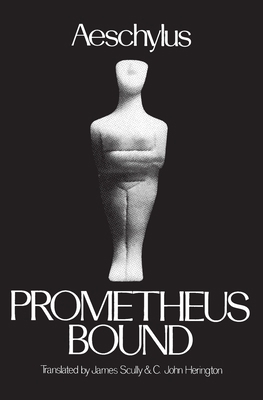
Prometheus Bound
For readers accustomed to the relatively undramatic standard translations of Prometheus Bound, this version by James Scully, a poet and winner of the Lamont Poetry Prize, and C. John Herington, one of the world's foremost Aeschylean scholars, will come as a revelation. Scully...

Prometheus Bound
Aeschylus (525-456 BC) brought a new grandeur and epic sweep to the drama of classical Athens, raising it to the status of high art. In Prometheus Bound the defiant Titan Prometheus is brutally punished by Zeus for daring to improve the state of wretchedness and servitude in...
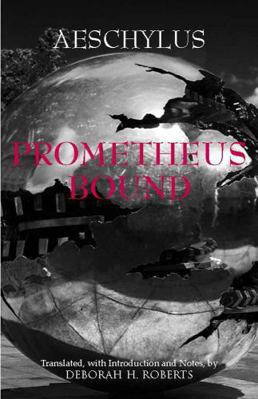
Prometheus Bound
This is an outstandingly useful edition of Prometheus Bound . The translation is both faithful and graceful, and the introduction to this difficult play is a model of clarity, intelligence, and a profound familiarity with the workings of Greek myth, Greek literature, and literature...

![Prometeo Encadenado (Spanish Edition) [Spanish] 1542523532 Book Cover](https://m.media-amazon.com/images/I/51EHRQLVsGL._SL500_.jpg)
Prometeo Encadenado (Spanish Edition) [Spanish]
Prometeo encadenado es una de las grandes obras dentro de la tragedia griega. Segn cuenta la leyenda, este exitoso libro forma parte de una triloga escrita por Esquilo, pero de los cuales no hay registro alguno.Prometeo encadenado es una de las grandes obras de teatro dentro...
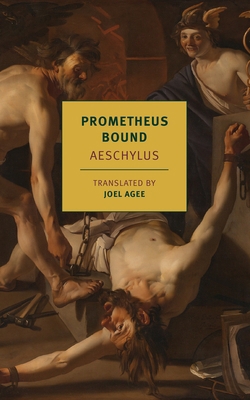
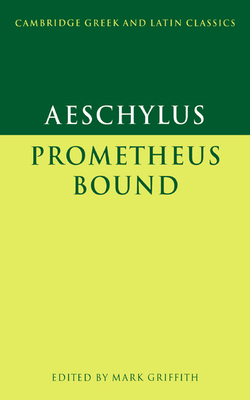
Aeschylus: Prometheus Bound
The myth of fire stolen from the gods appears in many pre-industrial societies. In Greek culture Prometheus the fire-stealer figures prominently in the poems of Hesiod, but in Prometheus Bound Hesiod's morality tale has been transformed into a drama of tragic tone and proportions...
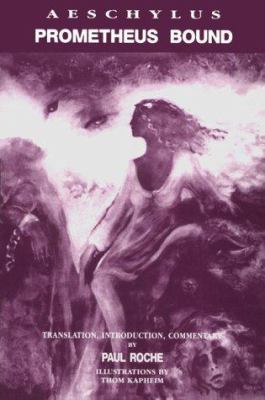

Aeschylus: Prometheus Bound (Companions to Gree...
![Prometeo encadenado: adaptación en español moderno [Spanish] 1697671764 Book Cover](https://i.thriftbooks.com/api/imagehandler/l/AB24B42F410C1905D386A7AFF954251E38D517BF.jpeg)
Prometeo encadenado: adaptación en español moderno [Spanish]
En idioma espa ol claro y comprensible, alejado de las traducciones tradicionales repletas de latinismos y palabras rebuscadas, presentamos una de las obras principales del teatro griego cl sico. Esquilo relata el drama del tit n Prometeo que, por entregar el fuego (s mbolos...

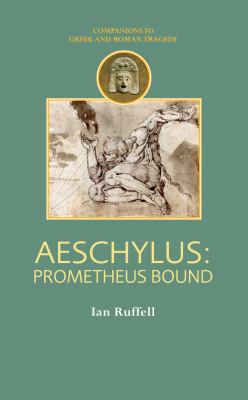
Aeschylus: Prometheus Bound
Prometheus Bound is a play beloved of revolutionaries, romantics and rebels, with a fierce optimism tempered by an acute awareness of the compromises, dangers and obsessions of political action.
This companion sets the play in its historical context, explores its...
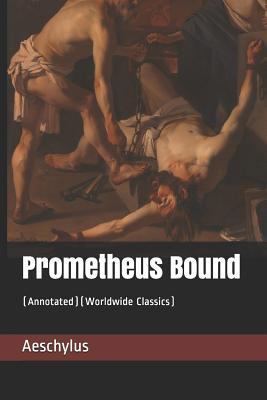
Prometheus Bound: (annotated) (Worldwide Classics)
The play is composed almost entirely of speeches and contains little action since its protagonist is chained and immobile throughout. At the beginning, Kratos (Authority), Bia (violence), and the smith-god Hephaestus chain the Titan Prometheus to a mountain in the Caucasus, with...
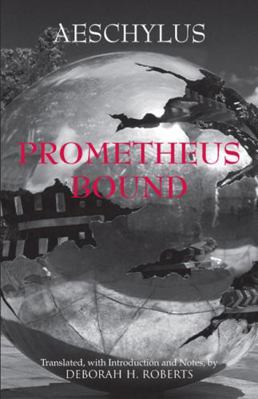
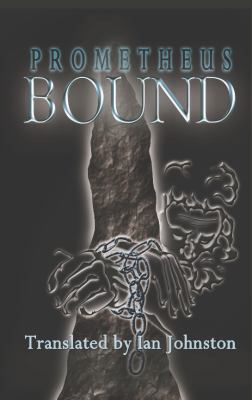
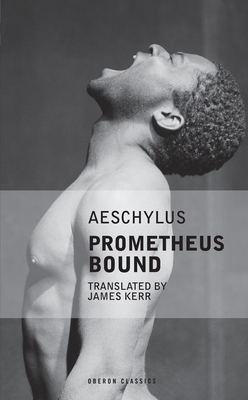
Aeschylus: Prometheus Bound: KIT Productions Pr...
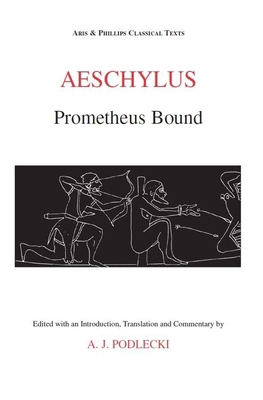
Aeschylus: Prometheus Bound
The play's title figure has long held a central place in the 'libertarian' stream of Western culture, but controversies continue to swirl about the work and its hero.
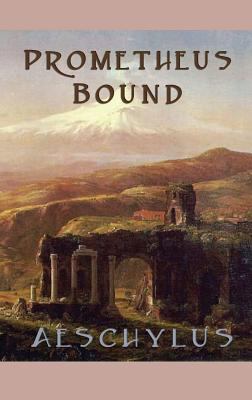
Prometheus Bound
Aeschylus was the first of the three ancient Greek tragedians whose plays can still be read or performed, the others being Sophocles and Euripides. He is often described as the father of tragedy: our knowledge of the genre begins with his work and our understanding of earlier...
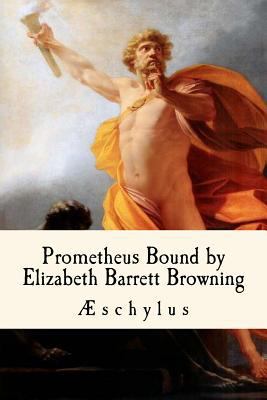
Prometheus Bound, by Elizabeth Barrett Browning


Prometheus Bound and Prometheus Unbound: Herita...

Prometheus Bound
Aeschylus the father of tragedy and one of the three great ancient Greek tragedians. Writing seventy to ninety plays in his life time only a few remain to be read today. With his death his tragedies became the only ones that can be restaged in following competitions. Aeschylus...
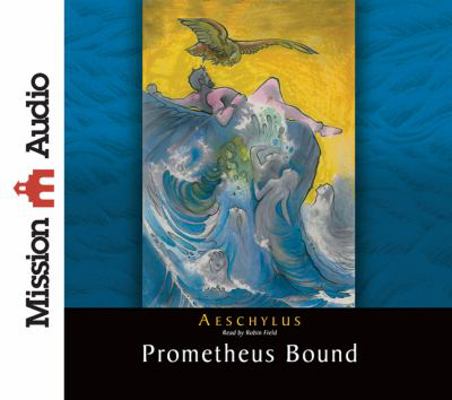
![Aeschyli Prometheus [Greek, Ancient (to 1453)] 3598710186 Book Cover](https://i.thriftbooks.com/api/imagehandler/l/13808BEA6E23AB0DB286B3D3C2F11915BF59E58D.jpeg)
Aeschyli Prometheus [Greek, Ancient (to 1453)]
The Bibliotheca Teubneriana, established in 1849, has evolved into the world's most venerable and extensive series of editions of Greek and Latin literature, ranging from classical to Neo-Latin texts. Some 4-5 new editions are published every year.
A team of renowned...



